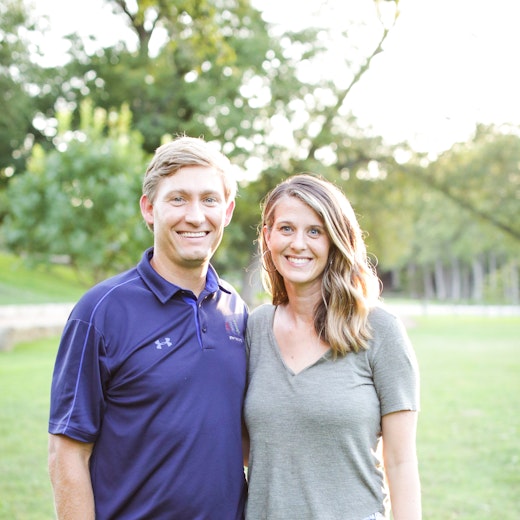Parent Book Club #1 - Learning To Be

Today we officially kick off our Parent Summer Book club, as we dive into the book by Clark Aldrich entitled Unschooling Rules – 55 Ways to Unlearn What We Know About Schools and Rediscover Education. This is our 3rd Year to do our Parent Summer Book Club and is one way we hope to encourage you parents in regards to the development of your children and to seeing how your camp tuition dollars are hard at work. If you would like to see our past book clubs on youth development, you can do so here for Homesick & Happy and here for Last Child in the Woods.
First, I just want to be clear that I’m not anti-traditional education or anti-public school. I think parents know their children best, and it’s our job to do the best we can regarding education for our children. Sometimes that may be an alternative education and sometimes it means public schooling. The reason we’ve chosen this book this summer is because it asks some really good questions about how our kids learn, many of which are related to our child’s growing up into who they were made to be.
Learning to be focuses on helping on helping somene understand who they are and who they want to be. THis type of learning answers such questions: “What do I love doing?” “What is my dream?” – Clark Aldrich
Three big questions that came up in Chapter 1 for me were:
- What are the different types of learning and why does it matter?
- Where are my kids lacking?
- What’s one thing I can do as a parent to help my child grow in this area of learning?
Learning to Be
Before reading this book, I really didn’t even think about the ways my kids learn. It was just go to school, study a topic, take a test, and move on. What does your child love to do? This question is really at the core of our children’s identity, and I would argue that the other two learning types stem from learning to be. Learning to be is overwhelmingly the first of three learning types that Camp brings out in kids. Kudos to you parents whose children are signed up for summer camp over the next several weeks— your children are getting so many opportunities to blossom in this way!
Learning to Do
As the author says, learning to do focuses on developing skills that can be applied. What good is it that our kids know something if they cannot apply it? This is also heavily applied to Camp. Daily campers are learning to practice important life skills, like face-to-face communication, cleaning up their cleaning their space, and innovation (i.e. skit night).
Learning to Know
Learning to know is usually associated with traditional schooling. While it is important (i.e. history and not repeating it!), this form of learning has essentially been formatted into tools like Google. From my perspective, this form of knowledge more pertains to the fact that I want to be the first source of knowledge for many things in my child’s life, like morals, work ethic, relationships, etc.. I also need to put my boys around other mentors and young people who are pointing them in a direction that align with our family’s values. This is a great reminder to me that I can’t be passive— my kids development is too precious to completely outsource, and they are looking to me to show them! I can do much better here!!
First, learning types matter because our kids need all of them, and those needs will likely change over time. I need to be aware of that and be willing to adjust accordingly.
So what did I learn? First, learning types matter because our kids need all of them, and those needs will likely change over time. I need to be aware of that and be willing to adjust accordingly. Two, learning to be is really significant because from it stems the other two types of learning (in my opinion). Three, I need to be present in the lives of my boys and give them my best, both energy wise and time wise. Their development is too precious a thing for me to miss!
What did you learn from this chapter?
